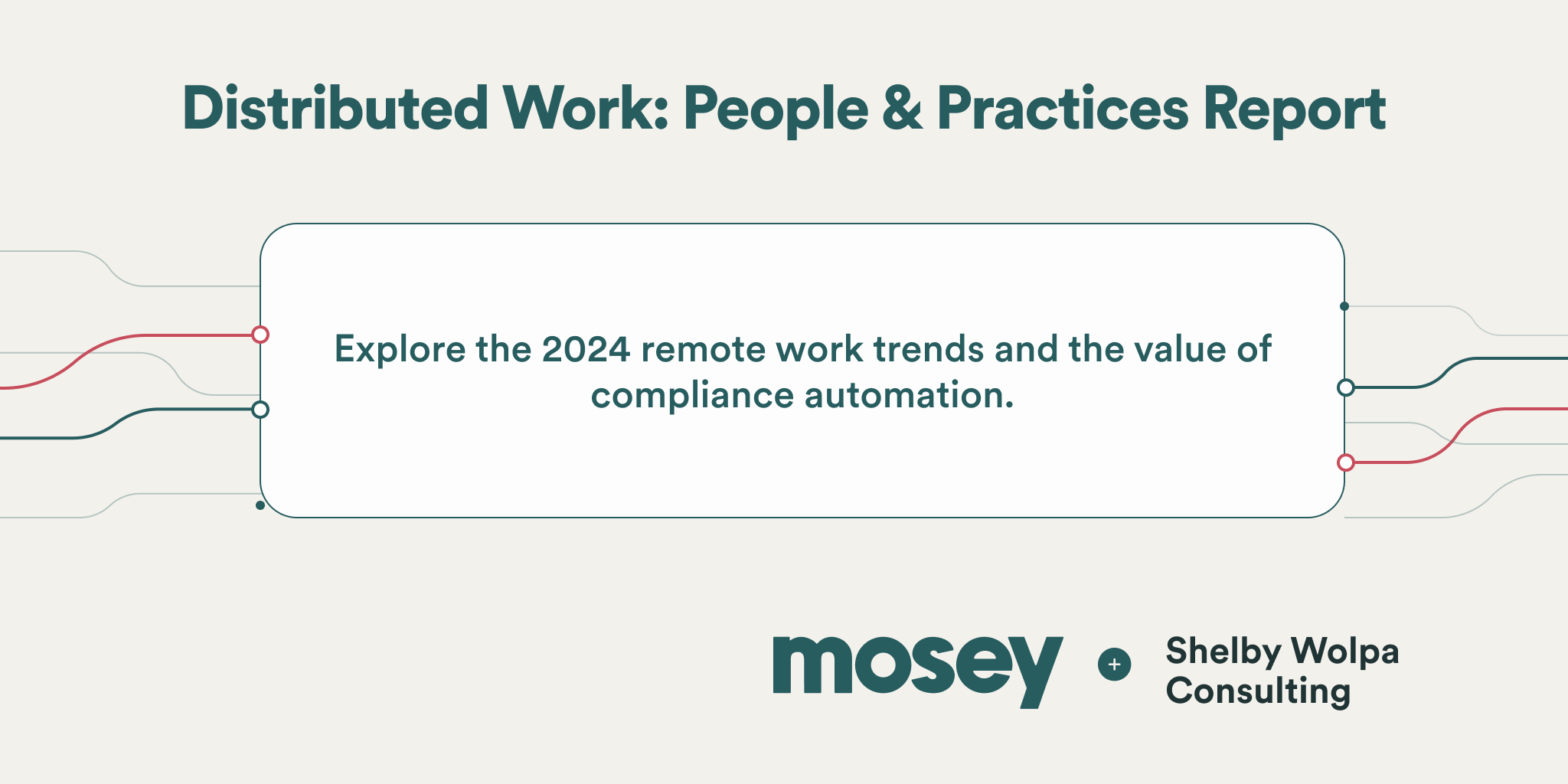If you are an employer in Alabama who has recently hired an employee, you will need to register for payroll taxes with the Alabama Department of Revenue. This registration process ensures that you are compliant with state tax laws and able to properly withhold and remit taxes on behalf of your employees.
Zero payroll penalties, zero distractions.
Automatically register for payroll tax accounts. Mosey monitors your workforce in real-time and handles the process end-to-end.
How Alabama Payroll Registration Works
There are 3 payroll tax setup tasks you may need to complete in Alabama to get your new hire on payroll for the first time. You can follow the guide below to help you get registered directly with the Alabama agencies or use Mosey to do it.
Alabama Unemployment Compensation Setup for PLLC, Professional Corporation, LLP, LLC, Corporation
During the current or preceding calendar year, if you have: (a) At least one employee on some day in 20 different weeks, whether or not consecutive, or (b) Paid wages of $1,500 or more in any calendar quarter, you must register with the Department of Labor for an Unemployment Tax account.
- Register for an eGov Account
Visit the Department of Labor eGov login page to register for an eGov Account in order to access employer online services.
- Register for an Unemployment Tax Account
Log in to your eGov account and submit an online Application for Liability (Form SR-2) to register for an Unemployment Tax Account.
- Add Unemployment Tax to your Payroll Provider
Once you have your EAN and Unemployment Compensation tax rate, add them to your payroll provider.
Alabama Withholding Tax Setup for PLLC, Professional Corporation, LLP, LLC, Corporation
If you have Alabama employees, you must register for a withholding tax account with the Department of Revenue.
- Register Your Business
Visit MAT and select “Register a business/Obtain a new tax account number” to set up an Alabama tax account.
- Add Withholding Information to Your Payroll Provider
Add your account number and withholding schedule to your payroll provider when you receive them.
Alabama Unemployment Compensation Setup for Professional Corporation, Corporation
Employers must register with the Department of Labor for an Unemployment Tax account.
- Register for an eGov Account
Visit the Department of Labor eGov login page to register for an eGov Account in order to access employer online services.
- Register for an Unemployment Tax Account
Log in to your eGov account and submit an online Application for Liability (Form SR-2) to register for an Unemployment Tax Account.
- Add Unemployment Tax Information to your Payroll Provider
Once you have your Employer Account Number and Unemployment Compensation tax rate, add them to your payroll provider.




